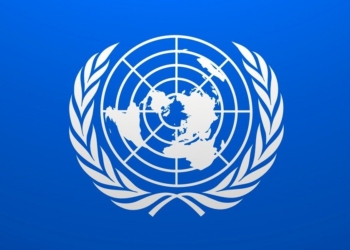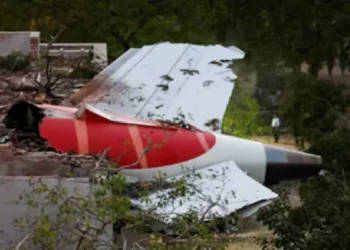The European Union (EU) has imposed new sanctions on Russia, which can lead to a major setback to India’s economy. According to the Global Trade Research Initiative (GTRI), an organization associated with economic matters, the decision is threatening India’s exports of petroleum products worth $ 15 billion (about ₹ 1,29,281 crore).
If India sells oil to European countries that are made of Russian crude oil, then EU will no longer buy such oil – even if it is from any other country like India. This rule is part of the EU policy under which they are trying to increase pressure on Russia. This can also affect countries like India, UAE and Türkiye, which buy oil from Russia and sell it to other countries.
What is the new EU rule?
It has now been made clear from EU that if the oil of a country is made of Russia’s crude oil, then they will not buy that oil anymore – whether it is coming from a third country like India, UAE or Turkey.
Which countries will affect this decision?
GTRI says that the move will have a bad effect on countries like India, UAE and Türkiye. These countries were making diesel, petrol and airline fuel (ATF) by purchasing crude oil from Russia at cheap prices, and then selling it to Europe. Now this business model is in danger due to the new EU rules.
Some important data
In the financial year 2023-24, India exported EU to $ 19.2 billion petroleum.
It declined to $ 15 billion in 2024–25 (27.1% fall).
Meanwhile, India bought $ 50.3 billion crude oil from Russia, which is one-third of India’s total oil procurement ($ 143.1 billion).
Is trade between India and Russia illegal?
GTRI founder Ajay Srivastava said that India’s trade from Russia is completely legal and valid. India will now have to balance between its economic interests and international pressures, as Russia is a major energy partner of India.
Why did EU take this decision?
The main objective of EU is to weaken Russia’s economy so that it cannot gather funds for the Russia-Ukraine War. India, which is the third largest oil consumer in the world and imports 85% of its needs, can now face difficult challenges once again in this situation.










